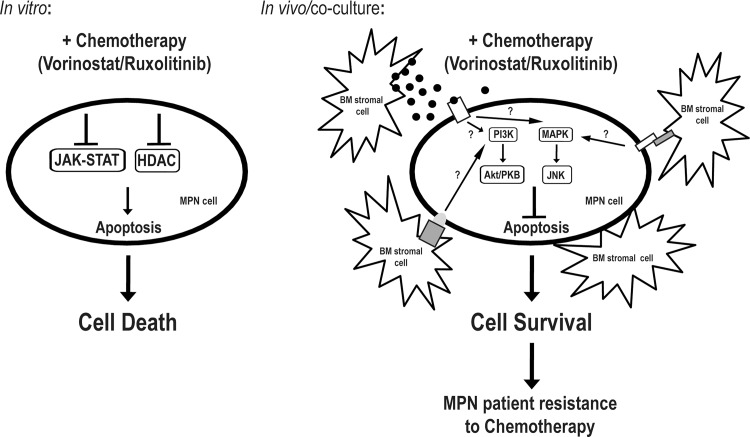Fig 5. Model for the proposed BM mediated protection of MPN cells.
In vitro, MPN cells (SET-2, HEL, UKE-1 cell lines and MPN patient BM-derived Lin-CD34+ cells) are killed once exposed to chemotherapeutic agents, like Vorinostat and Ruxolitinib, as a result of the inhibition of HDAC enzymes and JAK2V617F mutant protein kinase, respectively. However, in vivo (in MPN patients) or in the co-culture assays with the HS-5 BM stroma, MPN cells are able survive the cytotoxic action of these noxious agents through the activation of the JNK and PI3K signalling pathways, allowing MPN cells to escape these chemotherapeutic regiments and prolonging disease in MPN patients. The mechanisms underlying the activation of these signalling pathways are still elusive, but we postulate that involves the secretion of soluble factors by the BM stroma and the direct interaction between the MPN cells and the BM microenvironment.

